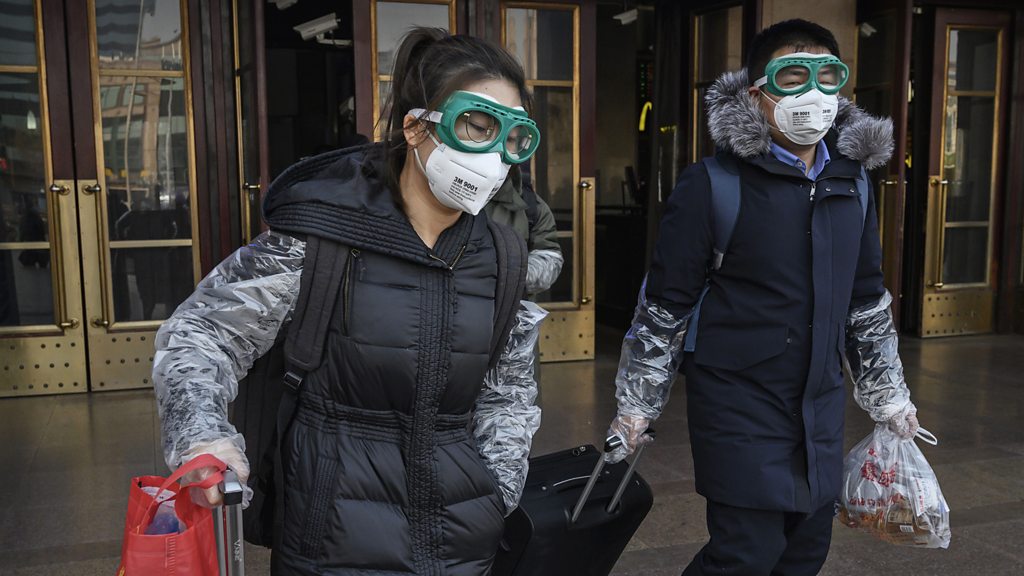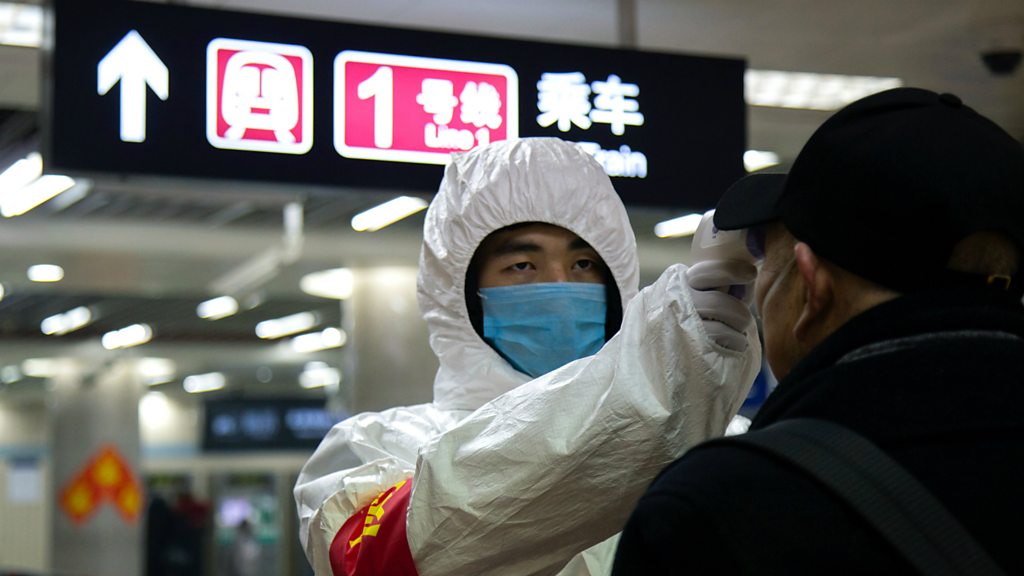For what that's worth, which is, from what I can ascertain, very little.
Disagreed. It sounds to me like quite a lot has been learned about SARS.
Spanish flu is the H1N1 virus. So I'm sure you weren't serious when you said that, right?
All I was trying to say is that some viruses have vaccines, including flu viruses, and others don't. You can't just pick a random virus and use it to make some point about vaccines, without establishing the relevance to this one (2019-nCoV).
Again, if you're so interested in this stuff, why aren't
you taking the trouble to inform yourself, via programs like the one I linked, above? I don't care, one way or another, what your priorities or interests are, but if you don't care enough to at least access the available resources, then please get off my case.
It has re-emerged as recently as 2009
Oh shoot. Because biotech clearly hasn't advanced
at all, in the past decade. I'm sure anything we couldn't do in 2009, we'll
never be able to do.
Of FAR more concern to me, is the rapidly increasing number of deaths per DAY that we are seeing.
Okay, so why aren't you reading about or listening to developments in the realm of what people are trying, with antivirals? That sounds promising - even in the short-term.
The reports of low fatality rates are based on numbers from early assessments. Re-assessments from more recent numbers are likely to not be nearly as kind
Sure. I know I've heard that China is not counting people who weren't diagnosed, prior to death. And since their over-taxed health system hasn't been able to keep up with the demand, this means they also haven't been able to quarantine people fast enough, which is increasing the rate of contagion. So, if they manage to get on top of that, then it's conceivable that the death rate will rise, but the contagion rate will actually drop (then again, improvements in diagnosis could identify so many more mild cases, that the net effect could still be a drop in mortality).
But, there are some other noteworthy points, regarding contagion. The Wuhan city officials went ahead with a big, public Chinese New Years banquet, mid-January, right when the outbreak was getting started. This, no doubt, turbo-charged the contagion rate, in that city.
China has since banned public dining in Beijing & other major cities, so the thing to watch is whether we see similar rates of contagion outside of Wuhan.
When 5000 are dead, and there are rapidly growing numbers in countries other than China, I'm going to revisit some threads and ask people if they still feel the same way they do right now.
If you're concerned about something, the best thing to do is learn more. It puts certain things in perspective, even though it might not alleviate your core concerns.
And, in my opinion, good news organizations like BBC are the best way to do that, since they have access to leading virologists, epidemiologists, immunologists, public health experts, and other experts, and take the time to get a more complete picture of the situation. I also think they're less prone to being alarmist than some media organizations.
Not only is their science coverage good, but their other news programming fills in a lot of details about public policy, their containment measures, and how well those and their health system actually seem to be working. I get a lot of my news from this, which has 9 half-hour editions per week:
Available episodes of Global News Podcast

www.bbc.co.uk
Maybe also head on over to ScientificAmerican.com . Right on their front page, they have this article linked:
The flu has already caused about 10,000 deaths this season in the U.S. alone

www.scientificamerican.com
Sounds interesting, eh? Well, I guess the main takeaway I got was some statistics on the flu that I hadn't previously seen. But, the point is, there's surely other good content out there, without going quite to the level of phys.org reports on individual studies and findings.

phys.org







